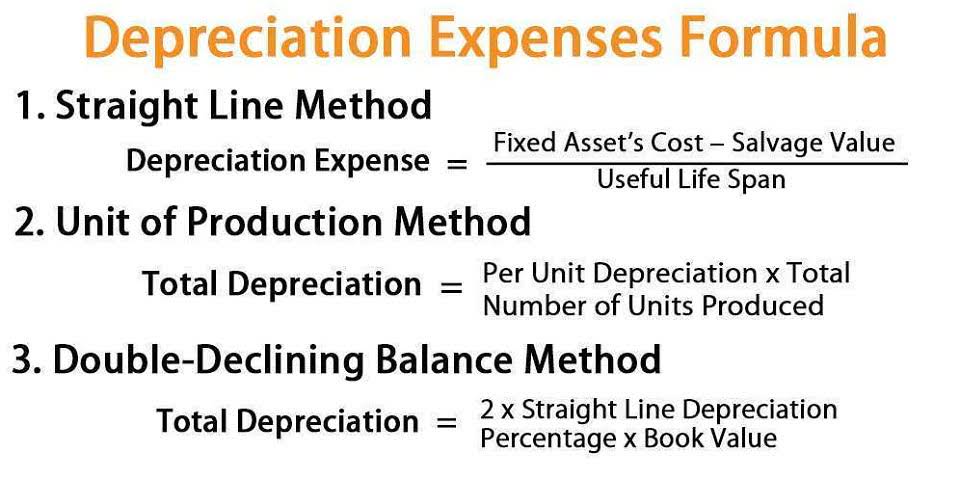
The amount of deductions or taxes withheld can vary greatly depending on a person’s situation. But in terms of net income vs. gross income, the net amount is the sum that is on your paycheck or directly deposited to your bank account. This is the figure that results when you subtract withholding taxes, benefits, and other deductions from your gross salary. Next, limit your needs category to expenses like groceries, rent or mortgage payments, utilities, health insurance, necessary transportation expenses and medicine. Although the final 20% is for your savings and debt payments, the minimum monthly payment for any debt you have should go into the needs category.
- For example, a company in the manufacturing industry would likely have COGS listed.
- For instance, if your gross income is significantly higher than your net income year after year, you may want to evaluate your expenses line-by-line to see what you can eliminate or reevaluate.
- We are compensated in exchange for placement of sponsored products and services, or by you clicking on certain links posted on our site.
- You’ll want to know this number because most bills require monthly payments.
- Depending on which numbers you use, you can easily go from celebrating a very healthy business income to not seeing any income at all.
- Gross profit helps investors determine how much profit a company earns from producing and selling its goods and services.
- Your gross income represents the total wage or salary that you earned during a particular pay period.
Understanding the differences between gross income and net income
These other expenses include selling, general, and administrative (SG&A), commonly known as overhead; noncash expenses for the depreciation of assets; interest on debt; and income taxes. Net income is what’s left after all expenses are subtracted from revenue, while gross income only accounts https://www.bookstime.com/ for production and distribution expenses. Additionally, gross income is used to calculate a person’s debt-to-income ratio (DTI), which is another important factor in determining creditworthiness. DTI is the ratio of a person’s monthly debt payments to their gross monthly income.

Gross Profit vs. Net Income: What’s the Difference?
- When filing your federal and state income tax forms, you’ll use your gross income as your starting point.
- Your Adjusted Gross Income (AGI) is used in completing your tax return and is all of the taxable income you bring in, minus certain adjustments.
- She has years of experience in SEO-optimized content creation and focuses on personal finance, investing and banking.
- Gross income and net income are widely used profitability measures in business, and both are standard line items on a business’s income statement.
- Because the standard deduction got increased to such a high point after 2017, many more Americans were expected to take it for the 2019 tax year and beyond.
- This insight may influence where you choose to direct the majority of your time and effort, or determine the future goals you set for your business.
- Once you have your fixed costs and variable expenses totaled, add the two amounts together to determine how much you’re spending every month.
Net income is an important metric that investors use to assess a company’s profitability and growth potential. If a company does not have a positive net income, investors may not be interested. On the other hand, net income represents the profit from all aspects of a company’s why is net income lower than gross business operations. As a result, net income is more inclusive than gross profit and can provide insight into the management team’s effectiveness. Net income will tell you a slightly different picture – how much you are making after expenses are factored into the equation.
Gross income vs. net income: Your personal income taxes
For example, as a business, gross income can indicate the revenue generated year over year and provide a perspective on how your business is doing. However, while gross income will indicate sales effectiveness, it will not indicate whether your business actually made or lost money. By understanding how gross income and net income are defined, you can better understand their key differences.
- But even net income is limited in that it is only useful for evaluating one company’s performance from year to year.
- Investors looking to evaluate a company’s performance can look at net income to determine how well they’re doing.
- Both are important parts of your finances, so it’s important to know what your gross income and net income are.
- Depending on the industry, a company could have multiple sources of income besides revenue and various types of expenses.
- That number might shift over time, but it’s important to be aware of what a company is bringing in after expenses.
- While calculating your gross income only requires your COGS and revenue numbers, net income is a little more complicated.

It also includes other forms of income, including alimony, rental income, pension plans, interest and dividends. However, if you simply work one job and receive an annual salary from your employer, your gross income would equal your total annual salary before any taxes or benefits are taken from your paycheck. Gross income, also called gross profit, is the money that remains after subtracting production and distribution expenses from revenue.
What is gross income? How it works and why it’s important
The accounts receivable turnover ratio is a simple formula to calculate how quickly your clients pay. While calculating your gross income only requires your COGS and revenue numbers, net income is a little more complicated. You can sign up for Bankrate’s myMoney tool to categorize your spending transactions, identify ways to cut back and improve your financial health. Investors looking to evaluate a company’s performance can look at net income to determine how well they’re doing. “EPS should increase yearly to signal that a company is profitable; the total value of EPS at any given time is less important than regular growth.”
Money Moves the Rich Will Make Before the End of the Year — and Why You Should, Too

